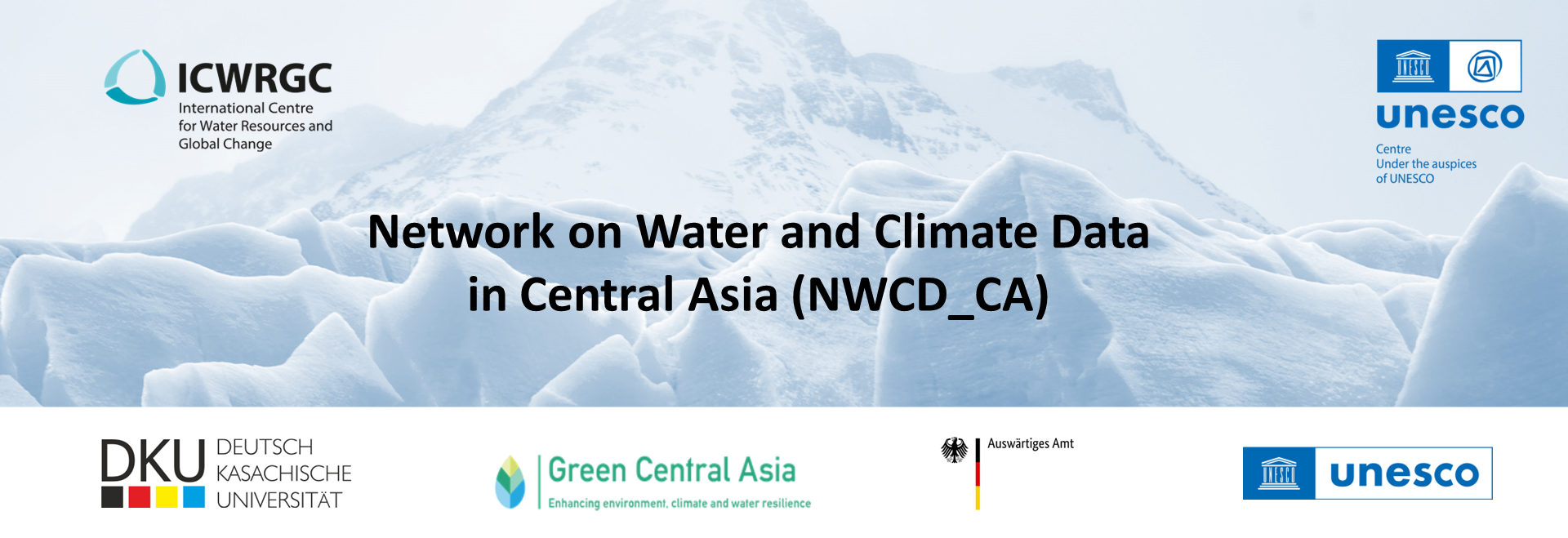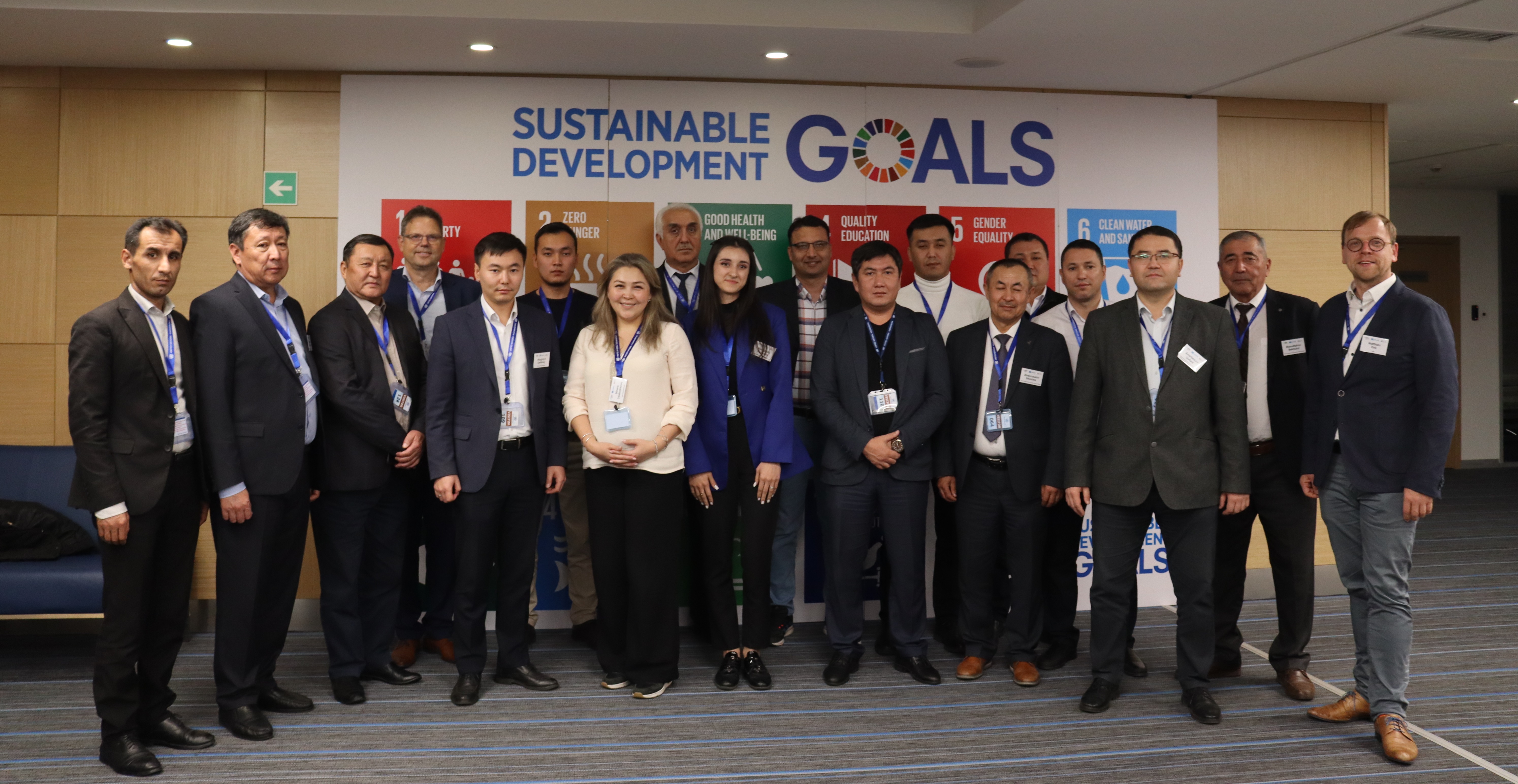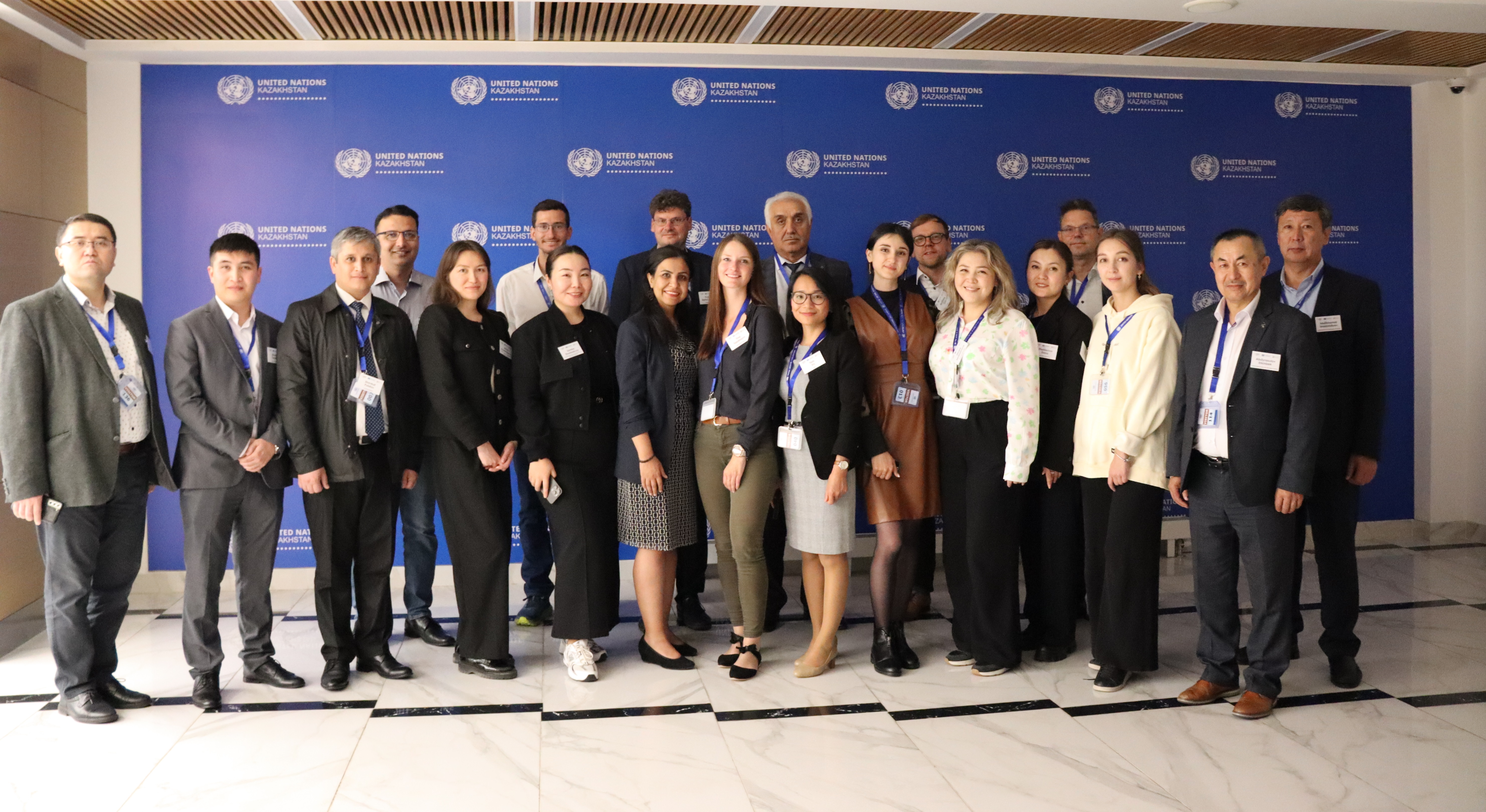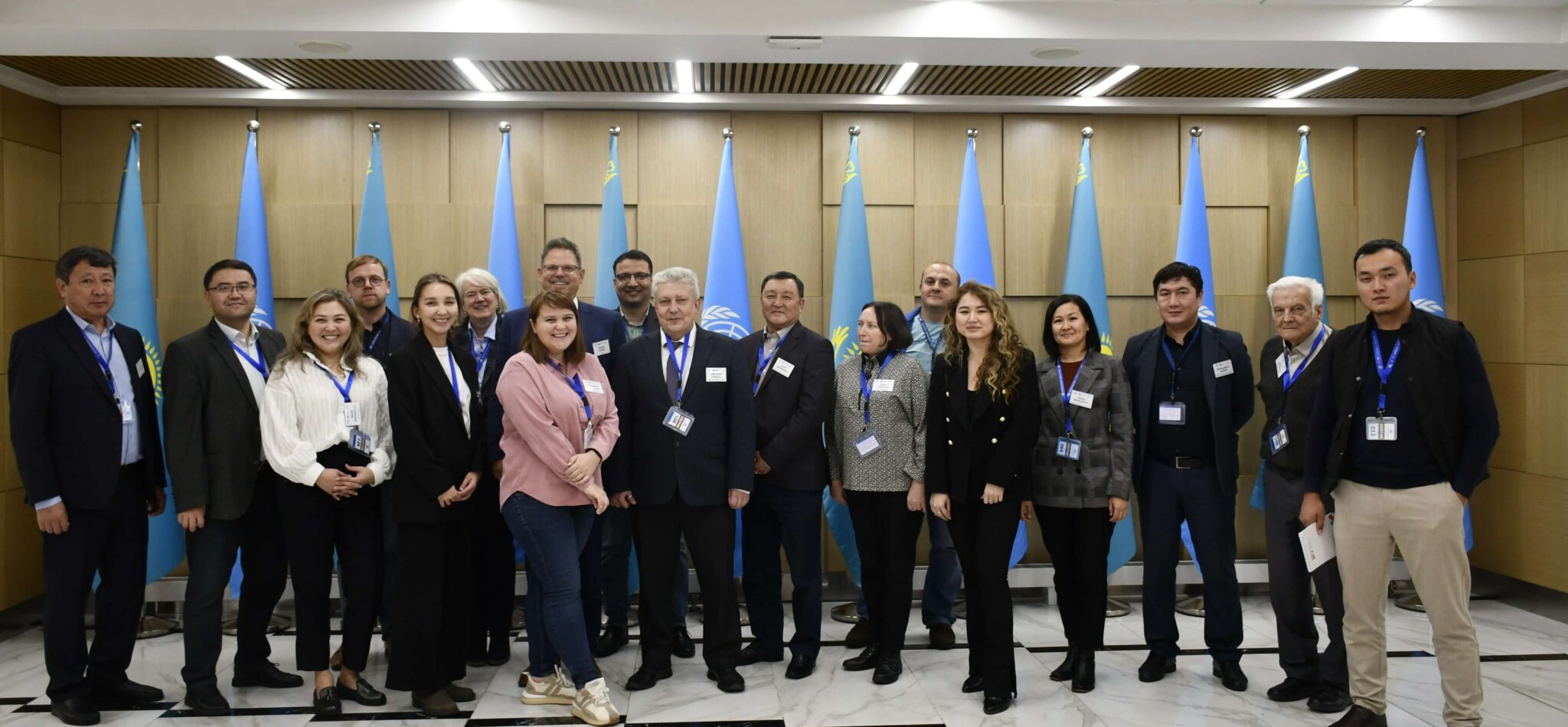Network on Water and Climate Data in Central Asia (NWCD_CA)
Network on Water and Climate Data in Central Asia (NWCD_CA)

The World Water Development Report 2023 (WWDR, UN Water 2023) is entitled with "Partnerships and cooperation for water" which points out the need that we can solve the problems in a sustainable way only together not within political borders. The report highlights that "data and information provide evidence as to where, when and how much water resources there are, how they are used, and how their management can be sustainably improved. Despite the essential importance of data and information in water-related decision-making, a range of challenges exists in producing holistic data sets, including a general lack of data across all use sectors, limited sex-disaggregated data (Miletto et al., 2019), temporal and spatial variability in local water availability, and difficulties (or reluctance) in sharing data, especially across international borders (Mukuyu et al., 2020).
To achieve the targets of the sixth Sustainable Development Goal (SDG 6), developing and enhancing partnerships and cooperation are required to bring together concerned parties at global, regional and national scales. Key partners include researchers and data providers, as well as investors and implementers such as governments, civil society, businesses and development agencies. A broader engagement process involving partners in priority setting, planning, data collection and joint development of data governance mechanisms fosters collective ownership. Recognition of each partners' mandate and role, emphasizing complementarities and synergies, supports the establishment and development of appropriate partnerships.
Building the trust or realize successful partnerships to support data, information and monitoring activities will require time, transparency and mutual respect. At initial stages, areas of common interest need to be explored, expectations discussed, trust built and a common understanding constructed of what the partnership will ultimately seek to achieve. Throughout the partnership, consultation, communication and consensus-building are critical in supporting these processes.
The SDG6 Global Acceleration Framework (UN-Water, 2020) highlights data and information as one of the five key accelerators needed to meet set targets for attaining sustainable water and sanitation for all. Transparency in data generation and information-sharing strengthens trust among the various and often competing users of water resources."
The UN2023 Water Conference, only the second in the history of the UN, highlighted the need of data with 2 game changers:
a. An Operational Global Water Information System to support water, climate and land management for socioeconomic resilience, ecological sustainability and social inclusion by 2030. Decisions driven by data and information reinforce accountability, cooperation and stakeholder by-in. More accurate data and valuation of water-related climate induced loss and damage will only support adaptation actions and resilience.
b. Early Warnings for All to help safeguard lives and property by 2027. Improved early warnings are a crucial tool to help avoid the negative impacts of exposure to severe weather, climate, and water risks.
Benefit: The Early Warnings for All initiative will reduce the social and financial impacts of natural hazards and make the world a safer place for all people, regardless of their Vulnerabilities.
Against this background the International Centre for Water Resources and Global Change (ICWRGC), the German Kazakh University (DKU) and GIZ have started to accelerate their efforts on water data in Central Asia under the umbrella of the German Green Central Asia (GCA, https://www.greencentralasia.org/en) initiative. Together with UNESCO and WMO d 3 consecutive events were held at the UNESCO Regional Office in Almaty from October 16-20, 2023. Supported by international experts from GWP, global glacier and water data centres, regional organisations and scientists (e.g. IWMI, CAREC) and competent governmental hydro-met experts from the Central Asian countries who attended the events to exchange views on the current situation and common interests for further cooperation.
These successful workshops led to the start of this regional water data and information platform which shall develop by sharing all water data related efforts and interests transboundary in a trustful environment and accompanied be international water experts of the UN water family.




